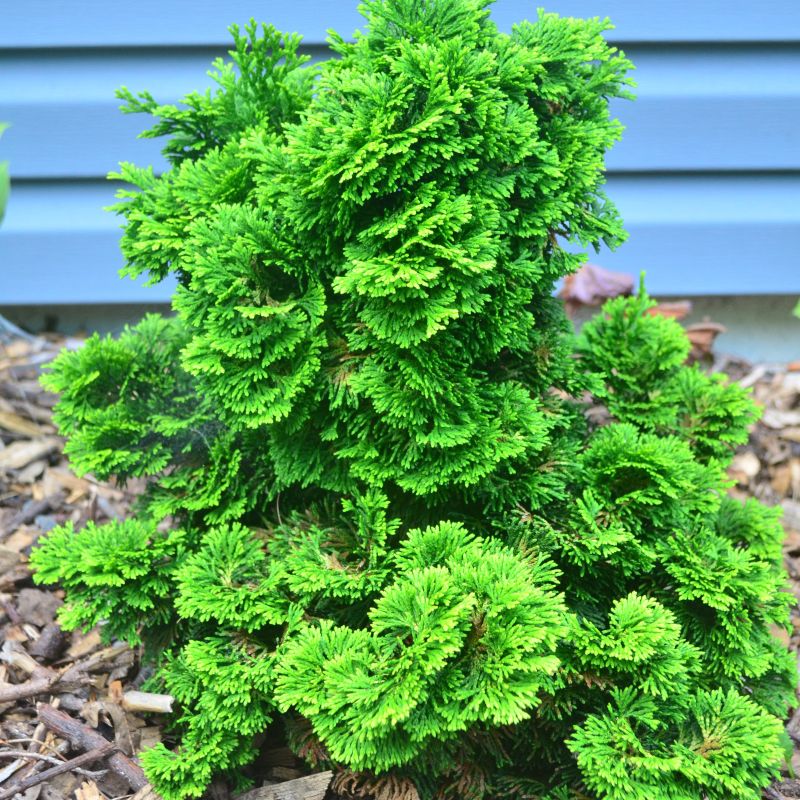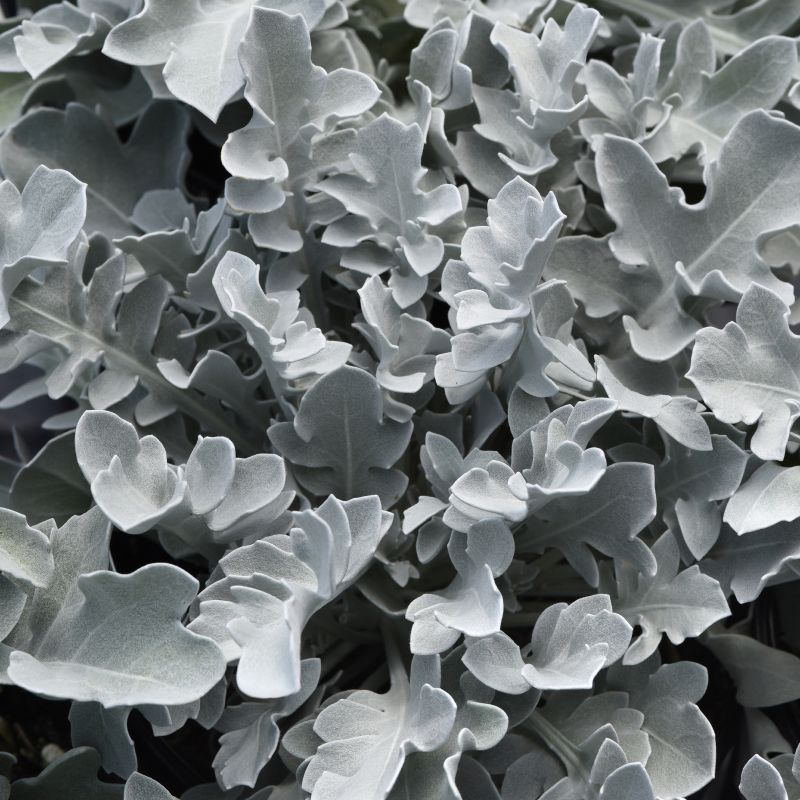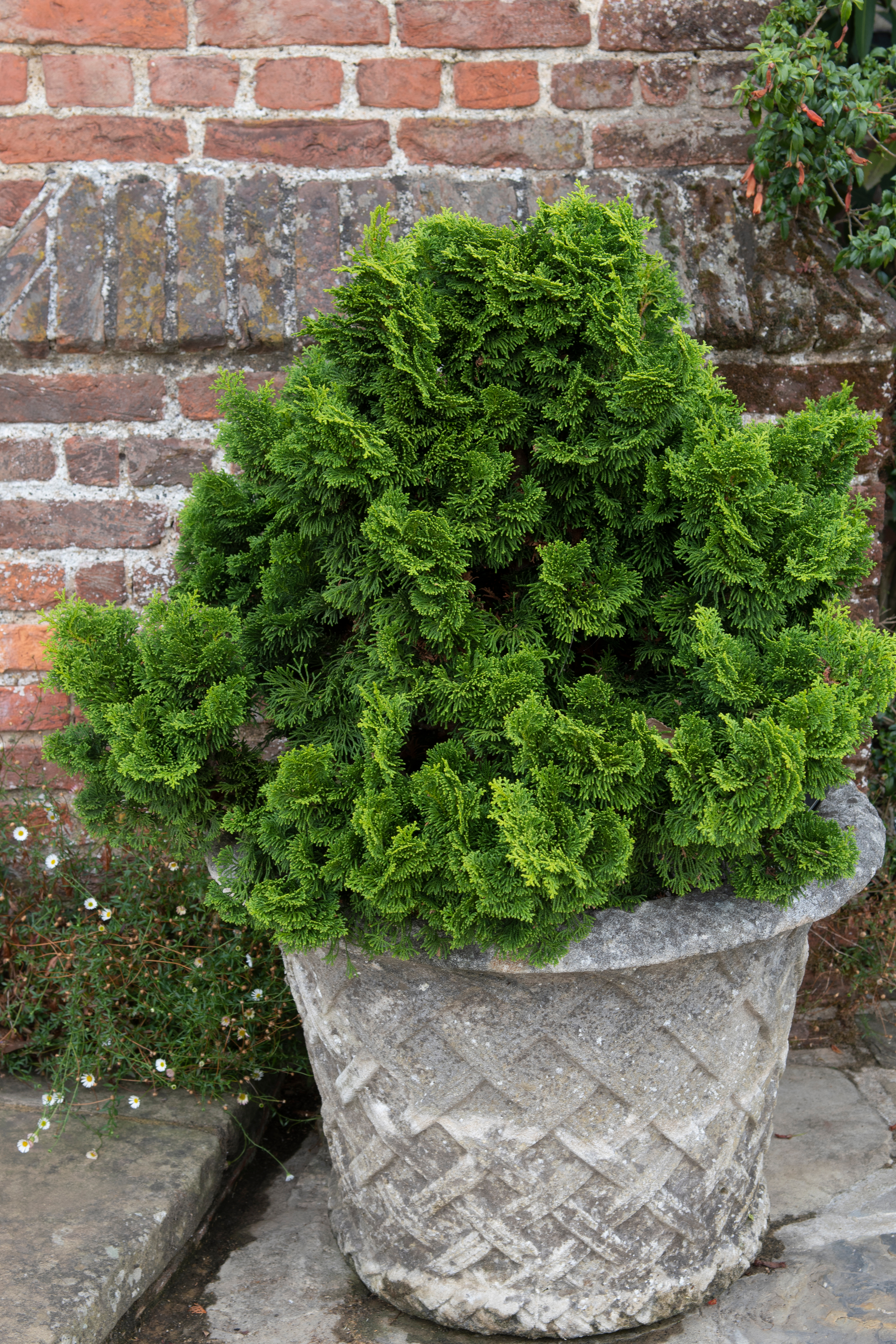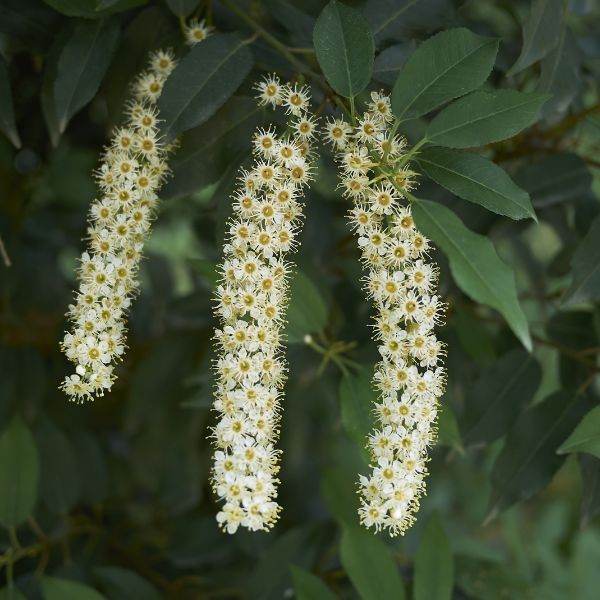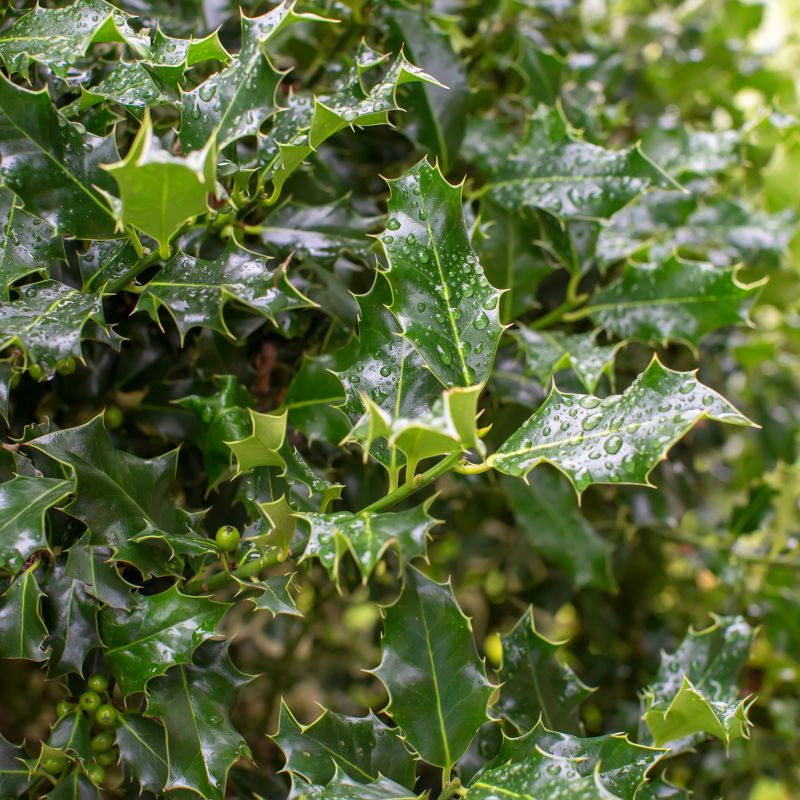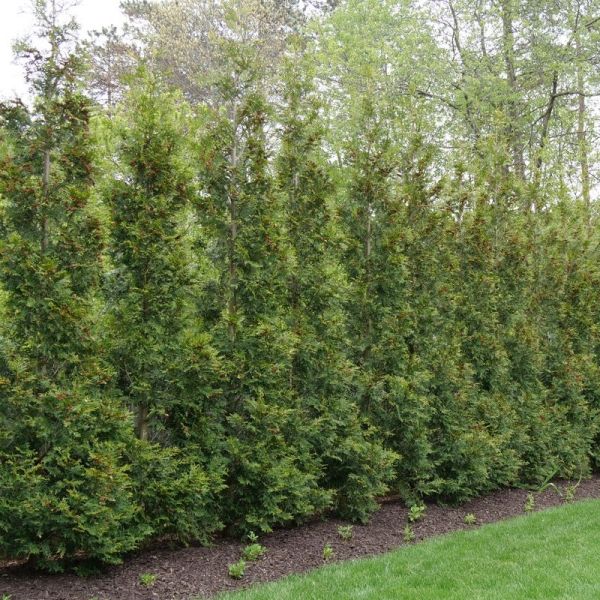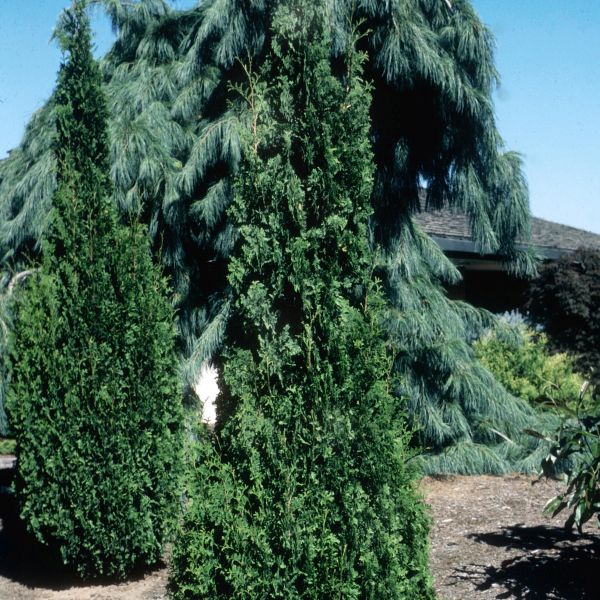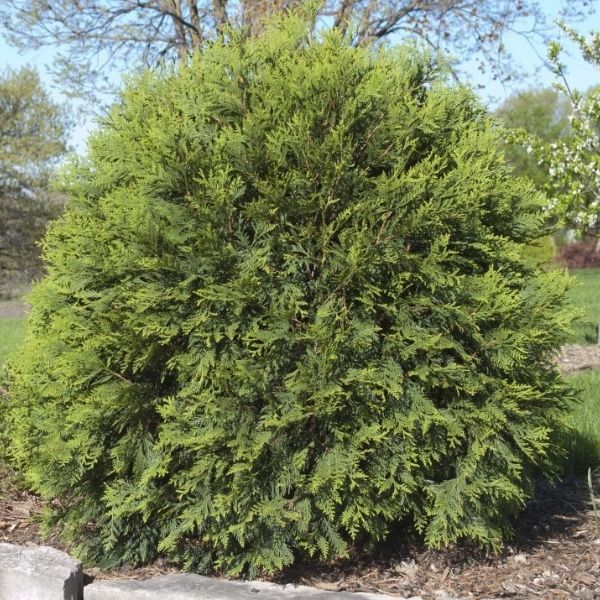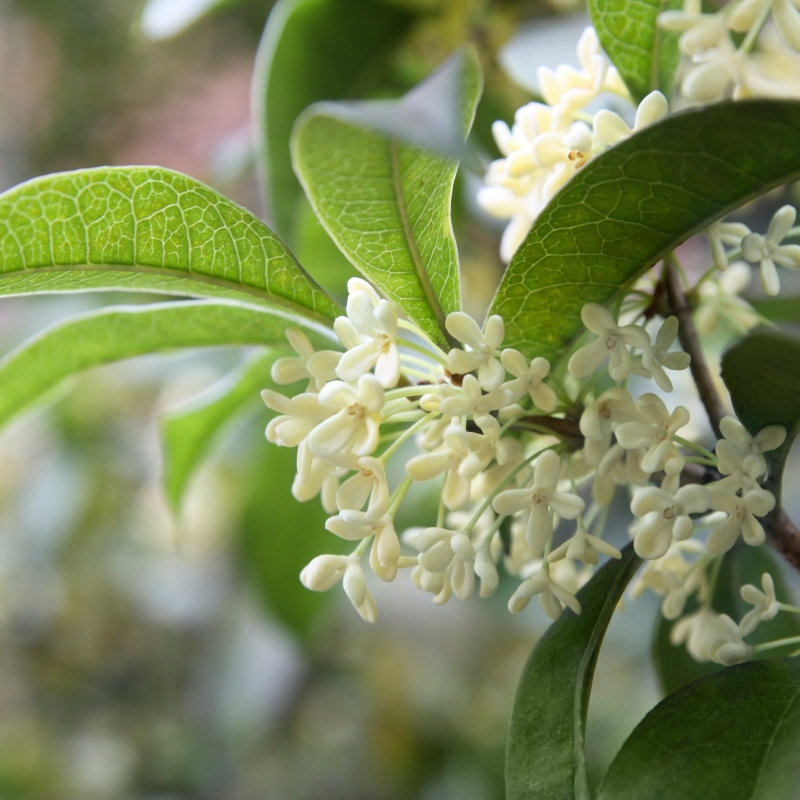
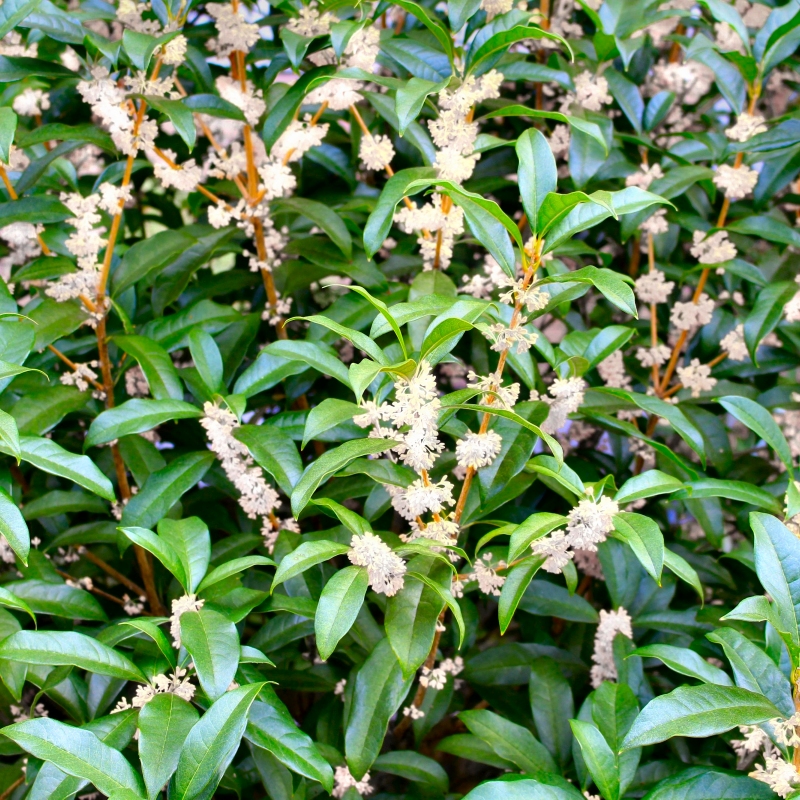
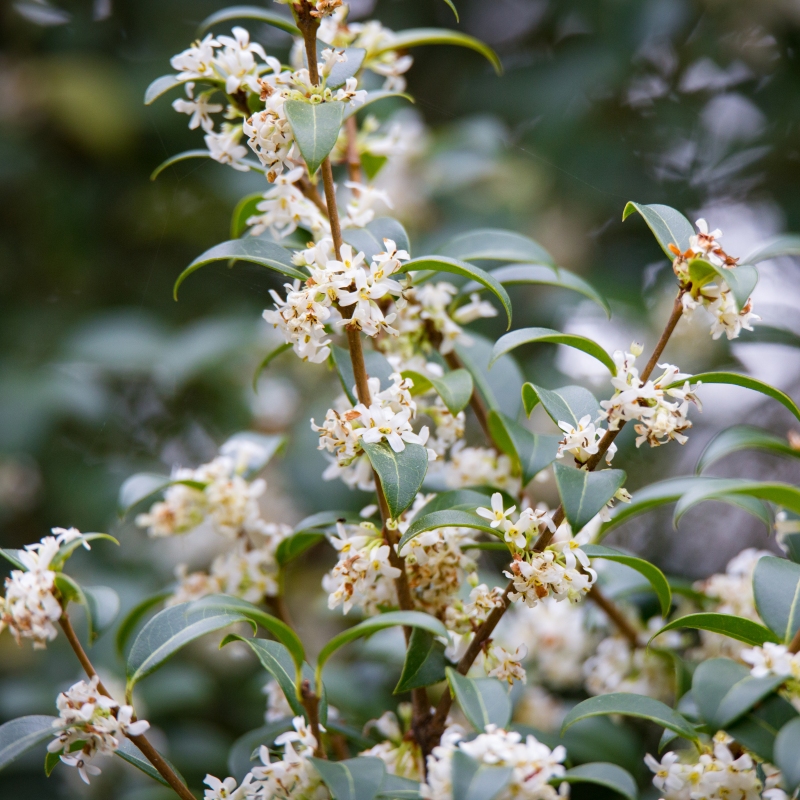
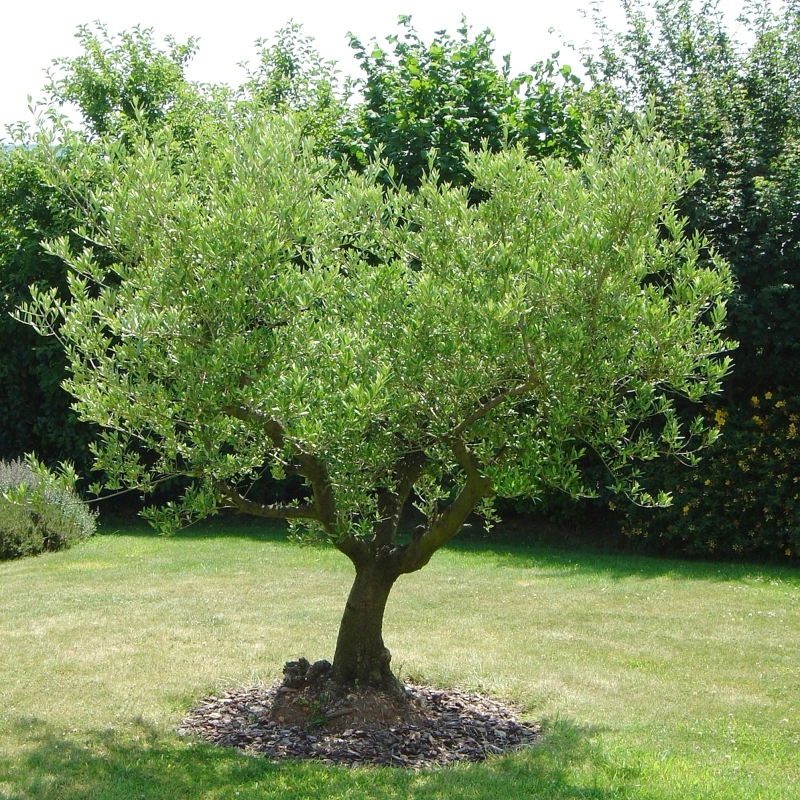
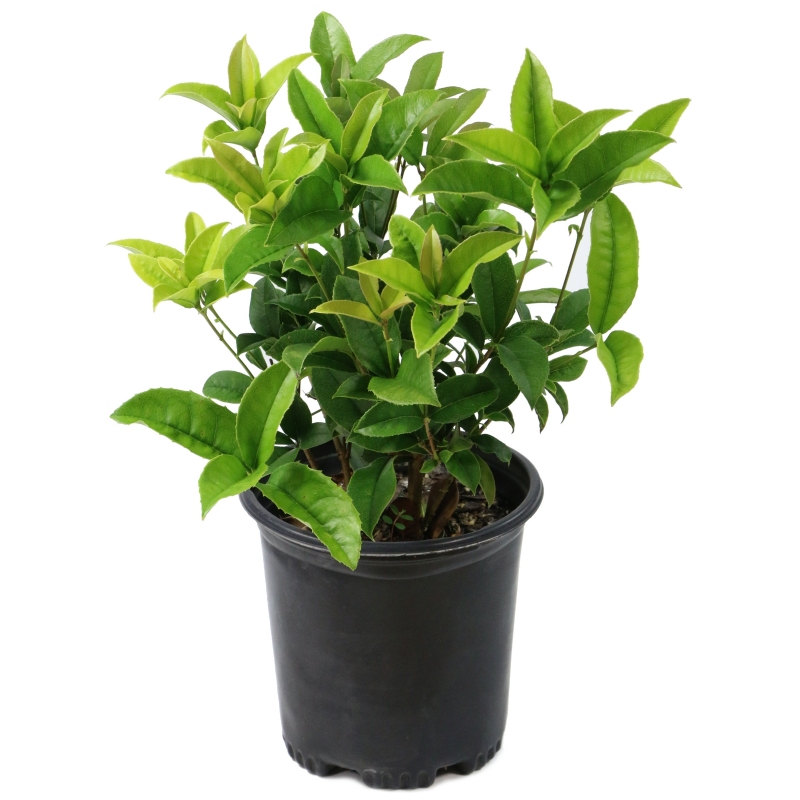
Sweet Olive
Osmanthus fragrans Sweet Olive
18 reviews
Sweet Olive
Osmanthus fragrans Sweet Olive
18 reviews
- Specializes in unique and hard-to-find plants
- Offers personalized garden design services
- Provides workshops and events for plant enthusiasts
- Recommended by landscape designers for optimal fit in real yards
$64.00
$92.00
30% Off
- Ships to 43215 in 3-5 Days
- Free Shipping Over $150
- Plant Arrival Guarantee
- In Stock
- Free Plant Consult
$200 - Landscape-Approved: Every Plant We Sell Comes With Design Expertise Behind It
2.5 Qt.
We are sorry, product is currently out of stock due to seasonal availability. Please check the "Related plants available in your area" section below
Not just beautiful - intentionally selected by ShrubHub's 3D landscape design team to fit real-world spaces and maximize yard potential.
Why Sweet Olive?
Sweet Olive, also known as Osmanthus fragrans, is a beautiful evergreen shrub that produces highly fragrant flowers in the fall. The blooms have a sweet, apricot-like scent that fills the air and attracts pollinators. This plant is also known for its glossy green foliage and compact growth habit, making it a popular choice for hedges, borders, and container gardens.
Related plants available in your area
Sunlight
Sweet Olive plants prefer bright, indirect sunlight. They thrive in a sunny spot with filtered light, such as near a window with sheer curtains or under a tree that provides dappled sunlight. Avoid placing them in direct sunlight, as this can scorch their
Watering
Sweet Olive plants require regular watering, especially during dry periods. They prefer well-draining soil to prevent waterlogged conditions. Water deeply to encourage strong root development and allow the top inch of soil to dry out slightly between water
Fertilizing
Sweet Olive plants benefit from balanced fertilization with a slow-release, all-purpose fertilizer in the spring and summer months. Use a fertilizer with equal amounts of nitrogen, phosphorus, and potassium to promote healthy growth and abundant flowering.
Sweet Olive (Osmanthus fragrans Sweet Olive)
Sweet Olive, also known as Osmanthus fragrans Sweet Olive, is a beautiful evergreen shrub or small tree that is highly prized for its heavenly fragrance. Native to Asia, this plant produces tiny, highly fragrant flowers that exude a sweet, fruity aroma that fills the air for yards around.
The leaves of the Sweet Olive are dark green and glossy, while the flowers are small and white with a strong, sweet scent that resembles ripe apricots or peaches. The plant blooms in fall, providing a burst of color and fragrance when other flowers are fading.
Sweet Olive is commonly used in gardens as a fragrant, ornamental specimen plant. Its compact growth habit makes it well-suited for small gardens, patios, or even containers. It can also be planted in groups for a stunning visual and olfactory impact.
In addition to its ornamental value, the flowers of the Sweet Olive are also used in the production of teas, jams, and essential oils. The plant is easy to grow and requires minimal care, thriving in full sun to part shade and well-drained soil. With its intoxicating fragrance and attractive appearance, Sweet Olive is a must-have plant for any garden.
Plant Information:
| Botanical Name: | Osmanthus fragrans Sweet Olive |
| USDA Zones: | 9 - 11 |
| Mature Height: | 12 in |



Pollination Info
Sweet Olive (Osmanthus fragrans Sweet Olive) Pollination Info
Sweet Olive, also known as Osmanthus fragrans, is a popular shrub or small tree known for its fragrant flowers. Understanding the pollination process is essential for successful reproduction and fruit production in Sweet Olive plants.
Types of Pollination:
Sweet Olive plants are primarily pollinated by insects, especially bees. The flowers produce nectar to attract pollinators, which help transfer pollen between flowers for fertilization.
Self-Pollination:
Sweet Olive plants are capable of self-pollination, but cross-pollination between different plants is usually more effective for fruit production. Insects play a crucial role in facilitating cross-pollination.
Pollination Season:
The blooming period of Sweet Olive flowers typically occurs in late winter to early spring. During this time, pollinators are attracted to the fragrant flowers and help in the pollination process.
Benefits of Pollination:
Successful pollination in Sweet Olive plants results in the production of small, black fruits that contain seeds. These fruits are edible and attract birds and other wildlife, contributing to the ecosystem.
Pollination Tips:
- Plant multiple Sweet Olive plants in proximity to encourage cross-pollination.
- Avoid using pesticides that may harm pollinators.
- Provide a diverse garden environment to attract various pollinators.
FAQ
Sweet Olive (Osmanthus fragrans Sweet Olive) FAQ
What is Sweet Olive?
Sweet Olive, also known as Osmanthus fragrans, is a flowering plant native to Asia. It is known for its fragrant flowers that are used in perfumery and culinary applications.
How do I care for Sweet Olive?
To care for Sweet Olive, plant it in well-draining soil in a location with partial shade. Water regularly to keep the soil moist, but be careful not to overwater. Prune the plant to maintain its shape and promote healthy growth.
When does Sweet Olive bloom?
Sweet Olive typically blooms in the fall, producing clusters of small, white or orange flowers that have a sweet fragrance. The flowers are often used to make teas, perfumes, and desserts.
Can I grow Sweet Olive indoors?
Yes, Sweet Olive can be grown indoors as a houseplant. Place it in a bright location with indirect sunlight and keep the soil moist but not waterlogged. Provide regular pruning to maintain its shape and encourage new growth.
Is Sweet Olive toxic to pets?
While Sweet Olive is not considered toxic to pets, it is always best to monitor your pets around any plant to ensure they do not ingest any potentially harmful parts.
Where can I buy Sweet Olive plants?
Sweet Olive plants can be purchased at nurseries, garden centers, or online plant retailers. Make sure to select a healthy plant with vibrant green leaves and no signs of pests or diseases.
Planting & Care
Planting & Care for Sweet Olive (Osmanthus fragrans Sweet Olive)
Planting:
- Choose a well-draining location with full sun to partial shade.
- Prepare the planting hole twice as wide and as deep as the root ball.
- Add compost to the soil to improve fertility and drainage.
- Plant the sweet olive at the same depth as it was in the container.
- Water thoroughly after planting.
Care:
- Water regularly, especially during periods of drought.
- Apply a slow-release fertilizer in the spring.
- Prune to shape and remove dead or damaged branches in late winter or early spring.
- Mulch around the base of the plant to retain moisture and suppress weeds.
- Protect from strong winds, as they can damage the delicate foliage.
- Watch for pests such as scale insects or aphids, and treat accordingly.
Check Out These Verified Customer Reviews:
Customer Reviews
4.8 out of 5 based on 18 reviews
Thank you! Your review has been submitted.
The plant was well-packaged and arrived quickly. It looks even better in person than in the photos.
The size of the Osmanthus 'Sweet Olive' TG was bigger than expected, which was a pleasant surprise.
The Osmanthus 'Sweet Olive' TG arrived in perfect condition and is thriving in my garden.
Item has been added to your cart.





